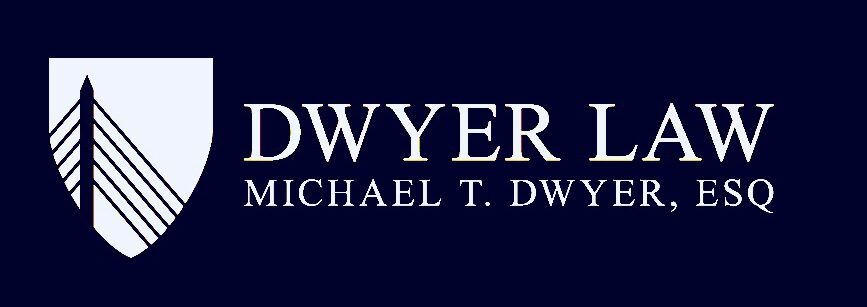Providing Excellent Estate Planning Services
Dwyer Law
Provides a full range of estate planning services to individuals, families, professionals and owners of closely held businesses to plan and manage their estates in order to reduce tax and expense burdens and ensure future generations are provided for while ensuring the interests of the estate is preserved.
Essential Estate Planning Documents
And Tips To Assure They Work Correctly
The following is a summary of the essential estate planning documents needed by most individuals and some basic tips for every client:

LIVING WILL & HEALTH CARE PROXY
A living will is an important legal document that declares what you desire for medical treatment is in the event that you become incapable of expressing your wishes.
A health care proxy grants another person the power to make medical decisions in the event that you are incapacitated or incapable of making these decisions for yourself. It typically waives the HIPPA privacy rules so that one can successfully obtain the pertinent information.
A copy of this document should be given to your primary care doctor and your health care agent. DO NOT sign the health care form at your doctor's office or in the hospital. It will revoke these documents and are never as comprehensive as the ones we create for you. They typically do not contain a living will. Also, people over the age of 18 should sign this document, coupled with a power of attorney, if heading off to college, traveling, or just to be safe.

TRUSTS
Trusts are a critically important estate planning tool used to bypass the expensive and time-consuming probate process. Trusts can also either eliminate, minimize and/or defer estate taxes.
A trust is a legal document created by a Donor or a Trustee (you) to hold assets that will benefit another person or entity. When you create a trust, it sets forth and establishes a mechanism to hold your assets and sets forth how one's assets will be distributed to beneficiaries upon death.
It is never enough just to create a trust, sign it, and forget it. One must periodically review what assets are owned by the trust and how the assets will be ultimately distributed. One should also review if the Trustee(s) named are still appropriate. In addition, Retirement Accounts and Life Insurance Beneficiary Forms should be periodically reviewed to make sure they are accomplishing one's goals since they typically pass outside of your trusts.



